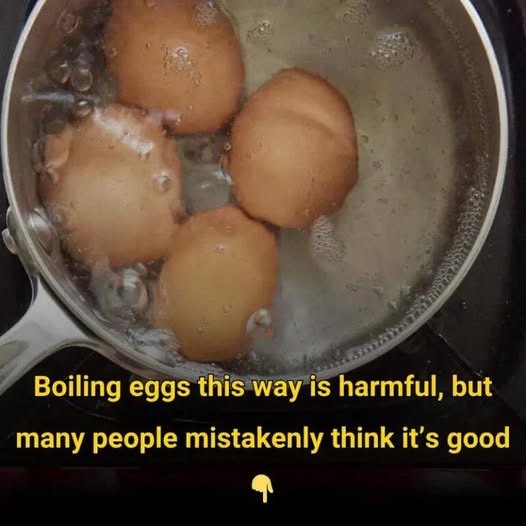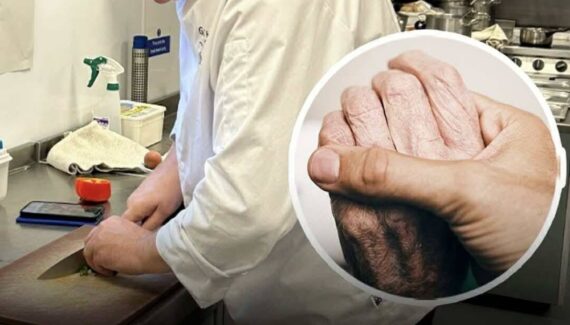Boiling eggs may seem like the easiest kitchen task, but anyone who has ended up with rubbery whites, runny yolks, or eggs that are impossible to peel knows that it’s trickier than it seems. Whether you’re making deviled eggs, egg salad, or a simple breakfast, getting the perfect boiled egg requires some technique. Let’s dive into the common mistakes people make when boiling eggs—and how to avoid them.
1. Starting with Cold Water
One of the biggest mistakes is placing eggs in cold water and then bringing them to a boil. This can lead to uneven cooking, with some eggs overcooked while others are still too soft inside.
✅ Fix It: Always start with boiling water before adding the eggs. This ensures that they cook evenly and helps prevent the shells from sticking.
2. Using Fresh Eggs
While fresh eggs are great for most recipes, they can be a nightmare to peel when boiled. The lower pH level in fresh eggs causes the whites to cling to the shell, making peeling frustrating.
✅ Fix It: Use slightly older eggs (about a week old) for easier peeling. If you only have fresh eggs, adding a teaspoon of baking soda to the boiling water can help.
3. Boiling Too Long
Overcooked eggs develop a greenish-gray ring around the yolk, which is a sign of excessive sulfur reacting with iron. This can make the eggs rubbery and give them a strong smell.
✅ Fix It: For perfect hard-boiled eggs, boil them for 9–12 minutes, depending on your desired yolk consistency. Soft-boiled eggs take about 6–7 minutes.
4. Skipping the Ice Bath
…..











